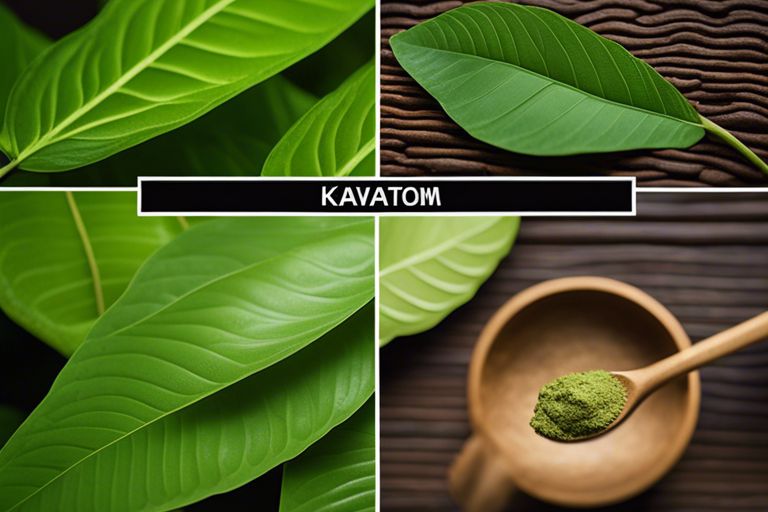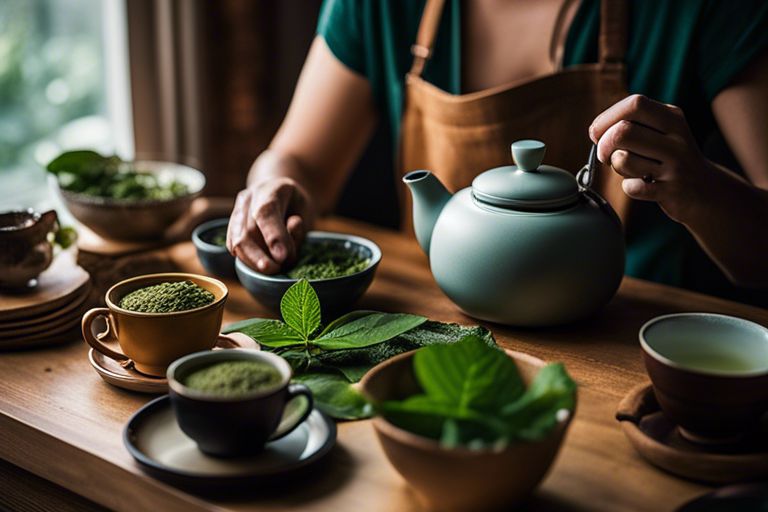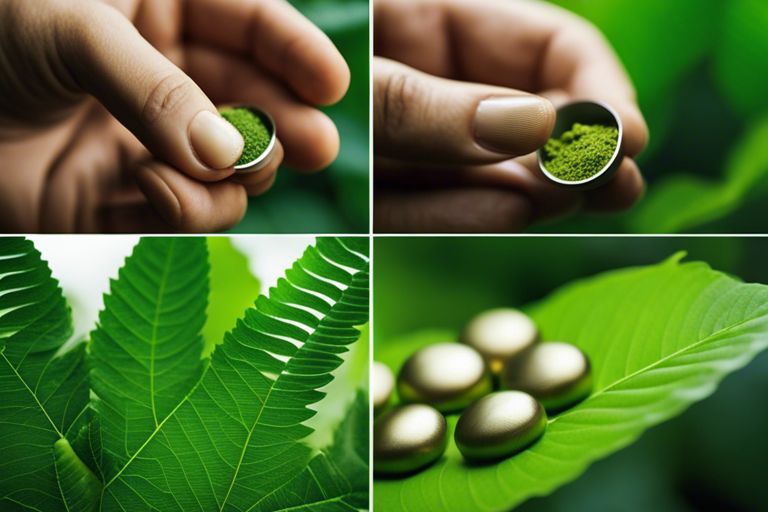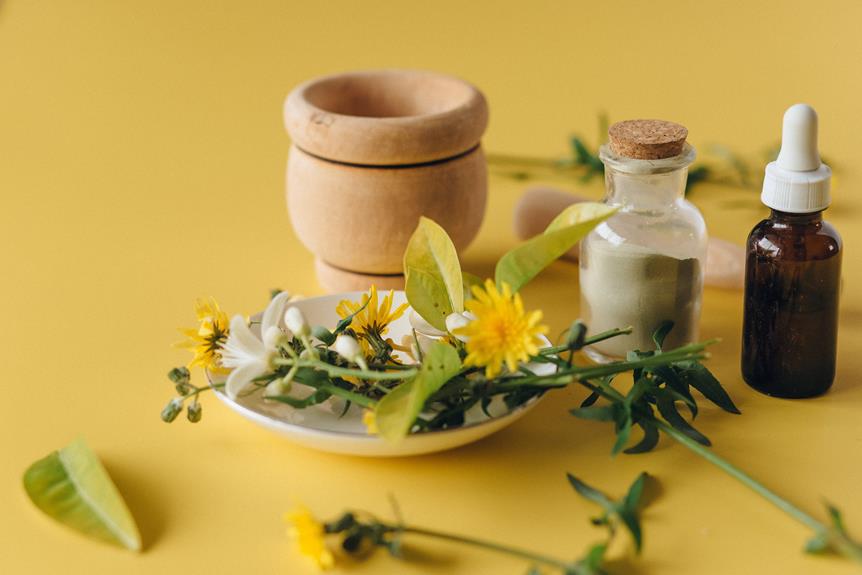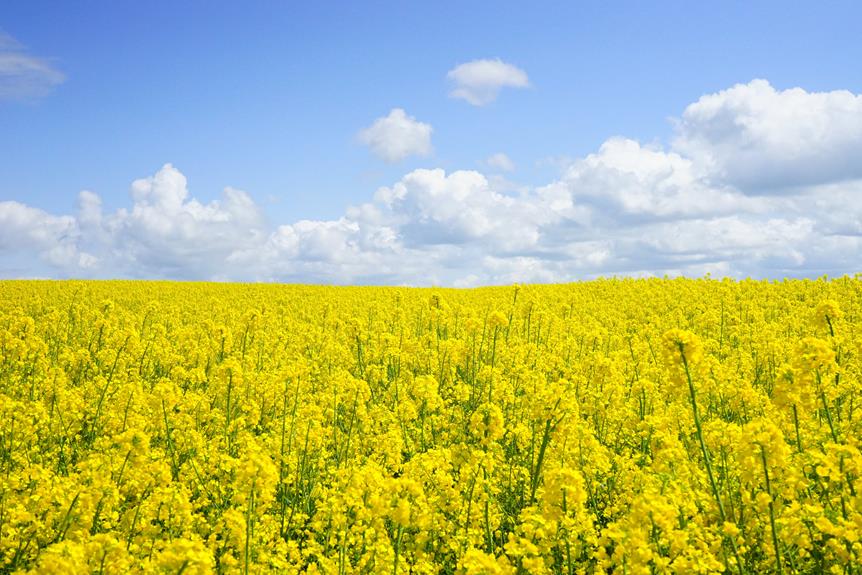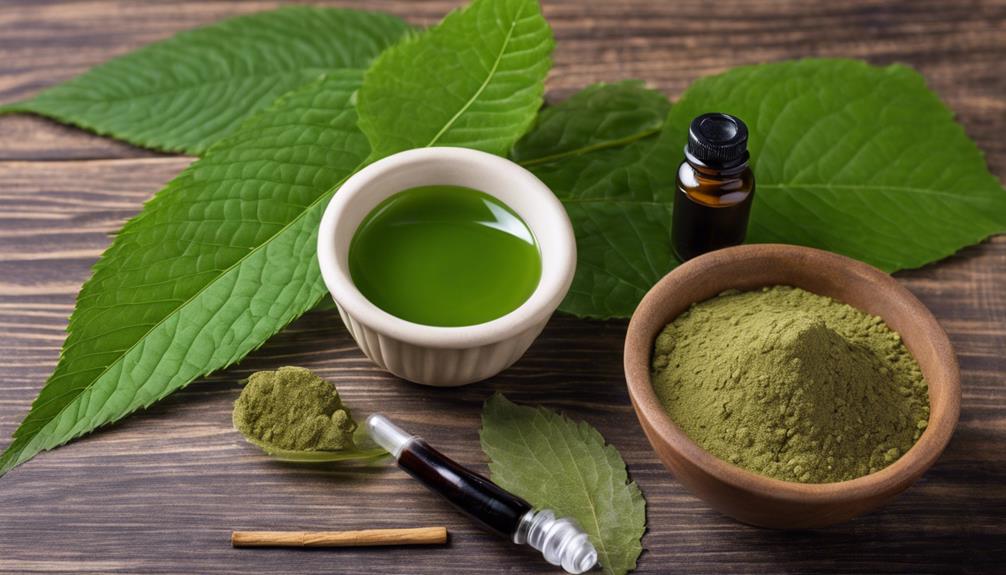Just when you thought herbal remedies couldn’t get any better, the debate between Kratom and Kava Kava emerges. In this comparative analysis, we investigate into the differences between these two natural supplements. Discover which one might be the right fit for your wellness routine based on their unique properties and effects. Let’s explore the world of Kratom and Kava Kava together, so you can make an informed decision for your health.
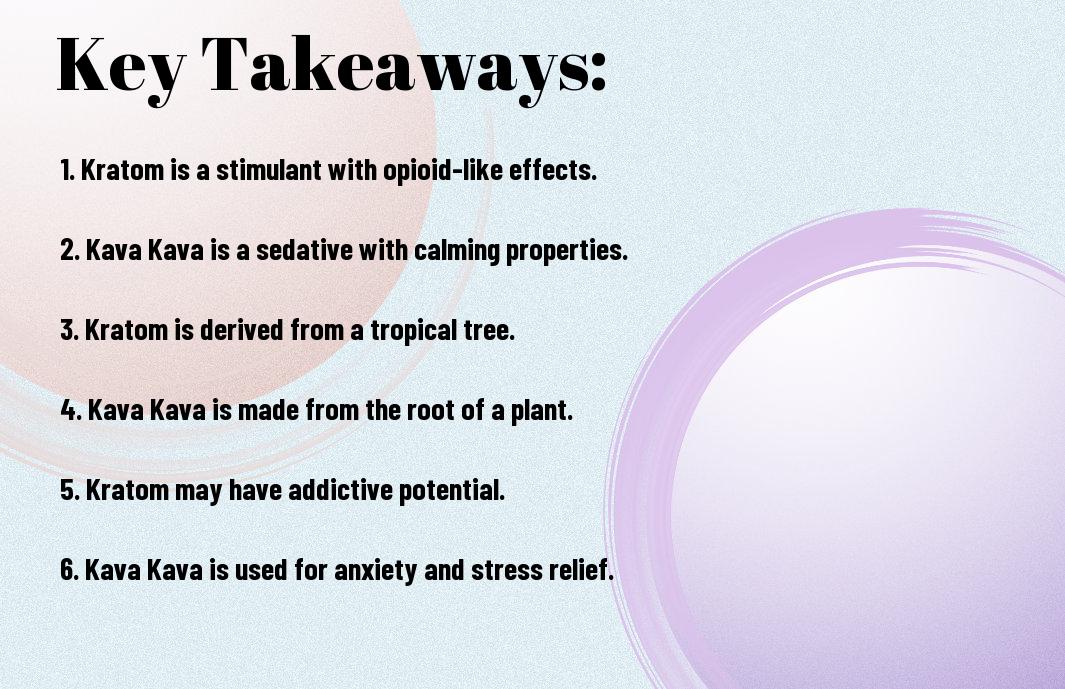
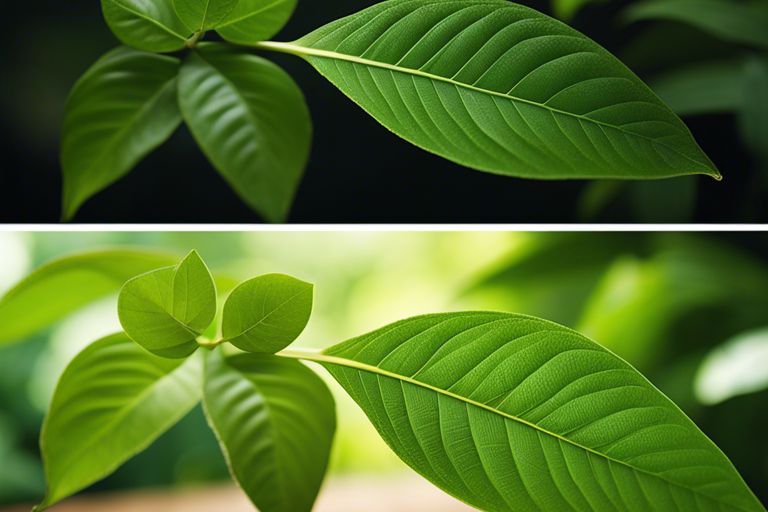
History and Origins
For Kratom vs CBD vs Kava – 5 Incredible Differences Discussed, exploring the history and origins of Kratom and Kava Kava provides valuable insights into the cultural significance of these botanicals.
Kratom: A Brief History
Origins of Kratom can be traced back to Southeast Asia where it has been traditionally used for its stimulating and pain-relieving properties. Cultivated from the Mitragyna speciosa tree, Kratom leaves were chewed by laborers for increased energy and stamina while also serving as a natural remedy for various ailments. Over time, Kratom has gained popularity worldwide for its diverse effects, leading to a surge in demand and controversy surrounding its usage.
Kava Kava: A Rich Cultural Heritage
Heritage of Kava Kava is deeply rooted in the Pacific Islands, where it holds significant cultural and ceremonial importance. Consumed in the form of a traditional drink made from the roots of the Piper methysticum plant, Kava Kava is known for its calming and anxiety-reducing effects. The social rituals surrounding Kava consumption reflect communal gatherings and bonding, making it a cherished part of Pacific Islander traditions.
Kava Kava has a long history of use in traditional medicine and social settings, symbolizing hospitality, unity, and relaxation in Pacific Island cultures. Its unique cultural significance extends beyond its pharmacological properties, embodying a symbol of peace and harmony in social interactions.
Chemical Composition
Kratom’s Active Alkaloids
Composition-wise, kratom contains over 40 different alkaloids, with two primary ones that are responsible for its effects: mitragynine and 7-hydroxymitragynine. These alkaloids interact with the opioid receptors in your brain, producing pain relief, relaxation, and a sense of well-being.
Kava Kava’s Kavalactones
Active in kava kava are kavalactones, a group of compounds that are known to have sedative and anxiolytic effects. These kavalactones work on the brain’s neurotransmitters, increasing gamma-aminobutyric acid (GABA) levels, which results in a calming effect on your central nervous system.
Understanding the potency of kavalactones in kava kava is key to comprehending its relaxation benefits. The concentration of kavalactones in the kava kava plant can vary depending on factors like the specific strain of the plant, where it is grown, and how it is prepared.
Effects and Benefits
Once again, when comparing Kratom and Kava Kava, it’s imperative to look at the effects and benefits each one offers. Let’s investigate into how these two herbal remedies differ in the benefits they provide.
Kratom: Pain Relief and Energy Boost
Energy can sometimes be elusive, especially when dealing with pain or fatigue. Kratom is known for its dual benefits of providing pain relief and an energy boost. The active compounds in Kratom interact with your body’s opioid receptors, helping to alleviate discomfort while also giving you a much-needed pick-me-up. This unique combination can be particularly useful if you’re looking to power through a long day or seeking some relief from chronic pain.
Kava Kava: Anxiety Relief and Relaxation
Kava Kava, on the other hand, is prized for its ability to promote relaxation and ease anxiety. If you find yourself caught in the grips of stress or racing thoughts, Kava Kava can offer a sense of calm and tranquility. This herbal remedy works by enhancing the production of gamma-aminobutyric acid (GABA) in the brain, a neurotransmitter that helps regulate anxiety levels. By incorporating Kava Kava into your routine, you can experience a soothing effect that helps you unwind and de-stress.
Relief: Kava Kava’s calming properties can be particularly beneficial for those struggling with anxiety disorders or seeking a natural way to relax without the sedative effects of pharmaceuticals. By supporting a sense of well-being and tranquility, Kava Kava offers a gentle reprieve from the hustle and bustle of modern life.
Potential Risks and Side Effects
Kratom: Dependence and Withdrawal
Not everyone experiences negative effects when using kratom, but it’s important to be aware of the potential risks. One risk to consider is dependence and withdrawal. Kratom has opioid-like properties, which can lead to physical dependence with regular use. If you abruptly stop taking kratom after prolonged use, you may experience withdrawal symptoms such as muscle aches, insomnia, irritability, and mood swings. It’s important to use kratom responsibly and not exceed recommended dosages to lower the risk of dependence.
Kava Kava: Liver Damage and Interactions
Damage to the liver is a concerning risk associated with kava kava. Some studies have linked the long-term use of kava kava to liver damage, although the exact mechanism is not fully understood. Additionally, kava kava has been known to interact with certain medications and substances, potentially causing adverse effects. It’s crucial to consult with a healthcare provider before using kava kava, especially if you have a history of liver problems or are taking medications that could interact negatively with this herb.
Furthermore, it’s noteworthy that kava kava’s effects on the liver may vary from person to person, and some individuals may be more susceptible to liver damage than others. Monitoring liver function regularly while using kava kava is advisable to ensure early detection of any potential issues.
Withdrawal
If you regularly use kava kava and suddenly stop, you may experience mild withdrawal symptoms like headaches, anxiety, and insomnia. These symptoms typically subside within a few days to a week, but it’s important to taper off your kava kava usage gradually to minimize the intensity of withdrawal effects. Being informed about the potential risks and side effects of kava kava can help you make well-informed decisions about its usage and take necessary precautions to safeguard your health.
Legal Status and Regulation
Kratom: Legal in Most Countries, but Controversial
With its rise in popularity, kratom has faced a mix of acceptance and controversy when it comes to its legal status. In most countries, including the United States and many European nations, kratom is legal to buy, possess, and use. However, the plant’s alkaloids have raised concerns among some health authorities, leading to attempted bans in certain regions. It’s important to stay informed about the legal landscape surrounding kratom to ensure you are complying with local regulations.
Kava Kava: Legal in Many Countries, but with Restrictions
With a history steeped in traditional use in the Pacific Islands, kava kava is legal in many countries around the world. However, due to concerns over potential liver toxicity and misuse, some regions have imposed restrictions on the sale and consumption of kava products. These restrictions often involve limitations on the importation and commercial sale of kava supplements or extracts. Before incorporating kava kava into your wellness routine, it’s advised to check the legal restrictions in your area to avoid any potential legal issues.
Countries such as Canada, Australia, and certain European nations have placed restrictions on the sale and consumption of kava kava products. In some cases, the regulations stem from concerns over the quality and purity of kava supplements, as well as the potential risks associated with its use. It’s imperative to be aware of these restrictions and ensure you are sourcing your kava products from reputable sources to mitigate any legal complications.
Traditional Use and Cultural Significance
Kratom: A Traditional Medicine in Southeast Asia
Despite its recent surge in popularity in the Western world, kratom has a long history as a traditional medicine in Southeast Asia. For centuries, kratom leaves have been chewed or brewed into tea by people in countries like Thailand, Indonesia, and Malaysia. The locals believe that kratom can boost energy, relieve pain, and improve mood, making it a staple in their daily lives.
Kava Kava: A Sacred Plant in Pacific Island Cultures
On the other hand, kava kava holds a sacred place in Pacific Island cultures. The plant is not only used for its relaxing and euphoric effects but also plays a significant role in ceremonies and social gatherings. In places like Fiji, Tonga, and Samoa, the ritual of preparing and consuming kava is deeply ingrained in their traditions, symbolizing respect, community, and connection.
Significance:
Medicine:
Conclusion
Drawing together the information on Kratom and Kava Kava, you can see that these two herbal supplements offer different benefits and effects. Kratom is more commonly used for its stimulating and energizing properties, while Kava Kava is known for its calming and anxiety-reducing effects. Both have their own unique uses and characteristics, so it ultimately comes down to your personal preferences and needs when choosing which one to incorporate into your wellness routine.
Remember to always do thorough research and consult with a healthcare professional before trying any new herbal supplements, especially if you have any underlying health conditions or are taking medications. With the right information and guidance, you can make an informed decision about whether Kratom or Kava Kava is the right choice for you in promoting your overall well-being and health.
FAQ
Q: What is Kratom?
A: Kratom is a tropical tree native to Southeast Asia whose leaves have psychotropic effects when consumed.
Q: What is Kava Kava?
A: Kava Kava is a plant native to the South Pacific whose roots are traditionally brewed into a drink with sedative and euphoric properties.
Q: Are Kratom and Kava Kava legal?
A: The legality of Kratom and Kava Kava varies by country and region. It is important to check the laws in your specific area before using these substances.
Q: What are the effects of Kratom?
A: Kratom can have stimulant effects at lower doses and sedative effects at higher doses. It may also have pain-relieving and mood-enhancing properties.
Q: What are the effects of Kava Kava?
A: Kava Kava is known for its calming and anxiety-reducing effects. It is often used as a social lubricant or to promote relaxation and sleep.
Q: What are the risks associated with Kratom?
A: Kratom can be addictive and may cause withdrawal symptoms. Long-term use of Kratom may also have negative effects on the liver.
Q: What are the risks associated with Kava Kava?
A: Excessive consumption of Kava Kava may cause liver toxicity. It is important to use Kava Kava in moderation and under the guidance of a healthcare professional.
